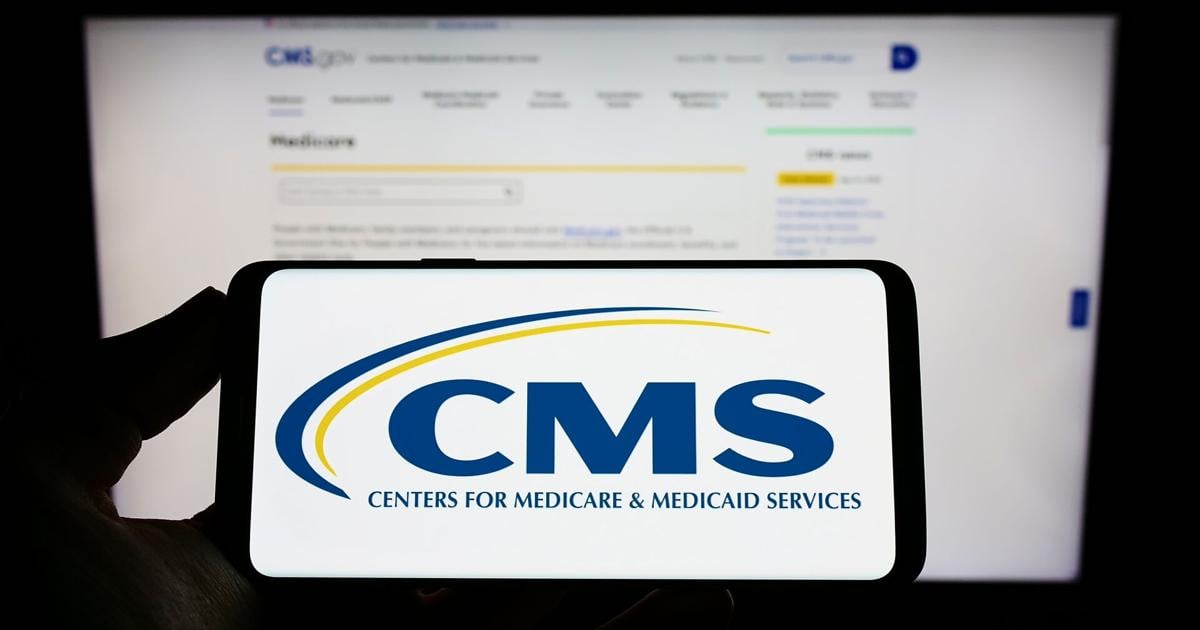
South Carolina Proposes Expansion of Medicaid with Employment Requirements
The state of South Carolina is poised to expand Medicaid coverage for low-income parents, albeit with stipulations that require recipients to be engaged in employment, education, or community service activities. This initiative, aimed at increasing healthcare access for families whose incomes are currently marginally above the federal poverty threshold, is part of Governor Henry McMaster’s strategy to make healthcare more attainable while promoting self-sufficiency among adults.
The proposal would raise the Medicaid income eligibility cutoff from 67 percent of the federal poverty level, which is approximately ,612 per month for a family of four, to align more closely with the poverty level, setting the new threshold at ,650 annually for a family of three. By making this adjustment, the South Carolina Medicaid program estimates that an additional 17,700 individuals may qualify for coverage. However, the state plans to limit enrollment to 11,400 participants, contingent upon available state funding.
In order to implement these changes, the state requires a Section 1115 waiver from the federal Centers for Medicare & Medicaid Services (CMS). This waiver is integral to modifying existing Medicaid parameters to include work requirements. The state’s first public hearing to solicit feedback from residents is scheduled for 9:30 a.m. on May 6 in Columbia, South Carolina, at 1801 Main Street, with virtual access available for broader participation. A second hearing will follow on May 13, ensuring that various community voices have the opportunity to contribute their perspectives on the proposed changes.
Public participation in this process is critical, as the state is accepting written comments until May 31. Stakeholders and residents can submit feedback via email at CEWaiver@scdhhs.gov or through traditional mail addressed to the South Carolina Department of Health and Human Services. This outreach component highlights the state’s commitment to transparency and community engagement in policy-making decisions that directly impact residents’ health and well-being.
The introduction of work requirements alongside the expansion of Medicaid is a notable shift in how healthcare programs are designed, with proponents arguing that such conditions can facilitate a path to independence for low-income families. However, critics may voice concerns about accessibility and the potential barriers that work requirements could pose, urging a balanced discussion on the implications for vulnerable populations in South Carolina.
As the state moves forward with this proposal, the upcoming hearings and public input will play a crucial role in shaping the final structure of the “Palmetto Pathways to Independence” initiative, reflecting a significant moment in South Carolina’s approach to healthcare policy and its commitment to addressing the needs of its low-income residents.


